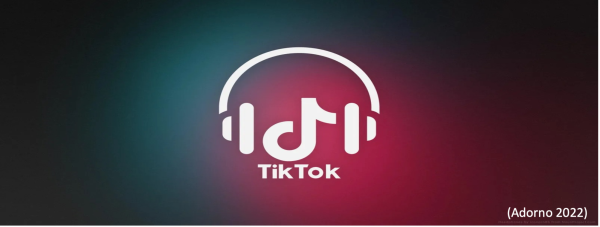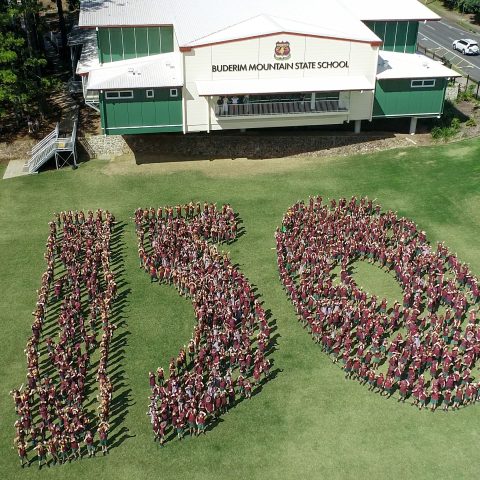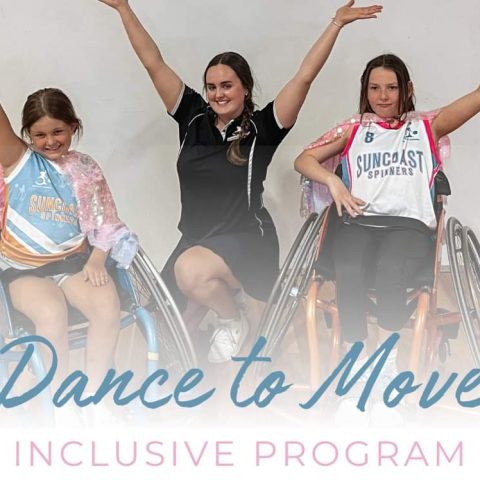Our PR Director, Michelle Smytheman, is passionate about helping emerging professionals in the communications industry and teaches at the University of the Sunshine Coast. As part of an assessment task this year, there have been some excellent blogs written by first-year students about emerging business trends. We are proud to share their work.
By Sam Elliott
 Tiktok mania, the ever-growing trend burst onto the scene in 2016 and has become a staple for many young Australians in particular. Now we pose the question, is Tiktok merely a video sharing platform, or is it much more? Should up and coming music artists be taking advantage of the app which so many teens and children are fixated on? Well creators of Tiktok believe there is more to this app than meets the eye.
Tiktok mania, the ever-growing trend burst onto the scene in 2016 and has become a staple for many young Australians in particular. Now we pose the question, is Tiktok merely a video sharing platform, or is it much more? Should up and coming music artists be taking advantage of the app which so many teens and children are fixated on? Well creators of Tiktok believe there is more to this app than meets the eye.
The Covid-19 pandemic both shocked the world and stopped the world – in particular the music industry. Suddenly your favourite artists were not able to perform live or head to the studio to cook up their next hot track. The music industry was said to have lost up to $30 billion USD throughout these tough times, forcing musical entrepreneurs to look towards alternate avenues to showcase their talents. This is where TikTok came in, the easily accessible video sharing platform began to boom with millions of new videos being uploaded each and every day from varied musical artists looking to get their music out there. An article posted by TikTok in 2021 shows that around this time, they launched a new feature called ‘Music Hub’, where artist’s and their music was showcased for all to see. This was said to make it easier for everyday users of the app to find their favourite TikTok artists and to locate the song that had been repeatedly stuck in their head all day…. and it worked!
It is imperative that businesses and marketers in the music industry can identify what works and what doesn’t in this new day in age. Many artists are finding huge success by simply releasing their music on Tiktok and working for themselves, instead of being signed to a record label and dictated to. We live in a digital age, where artists no longer need to subject themselves to the gruelling process of bygone days where getting recognised by record companies was an uphill slog and success was rare. Today, artists can share their music through the tap of a button and reach millions of people instantly. Statistics show that 49% of young people including both gen Z’s and gen alpha’s discover new music through online social media platforms such as TikTok. Which brings me to my next point, the way in which TikTok has identified this emerging trend and is taking advantage of it through demographic segmentation.
Tiktok has done a magnificent job of implementing demographic segmentation to target a specific audience which is why the Tiktok music industry is booming. This can be shown when songs that trend on Tiktok are more likely to hit the billboards top 100, with 67% of the app’s users more likely to venture out to music streaming services such as Spotify or Apple music due to hearing them on this app. Demographic segmentation is used to meet and segment specific demographic’s needs based on variables such as age, gender, family life cycle, income and a range of other factors. TikTok is implementing demographic segmentation, specifically the age aspect to target both gen Z’s and gen alpha’s through the short and snappy 30 second video sharing aspect. They choose to keep the videos short as research shows that gen z’s have the shortest attention span of all generations being around 8 seconds. This again shows how TikTok has segmented these younger generations to meet their target audience’s needs.
The ‘music hub’ feature on the app and the ability to duet with other creators, yet again shows how TikTok is targeting the younger ‘tech savvy’ generation through demographic segmentation. This generation is willing to create meaning, they want to contribute to the world, gen Z’s are said to be more entrepreneurial and independent than any other generation. No wonder TikTok is aiming to market towards these specific age groups, it just makes sense! The app gives freedom, it allows people to express themselves in whichever way they choose and connect with others from across the globe. It has been the application of the past decade and the solution that all children and teenagers have been crying out for to cure their boredom.
Now I pose a serious question to you all, is TikTok merely a video sharing app that has stumbled across its success within the music industry? Or could this application be named this generation’s most successful record label?




